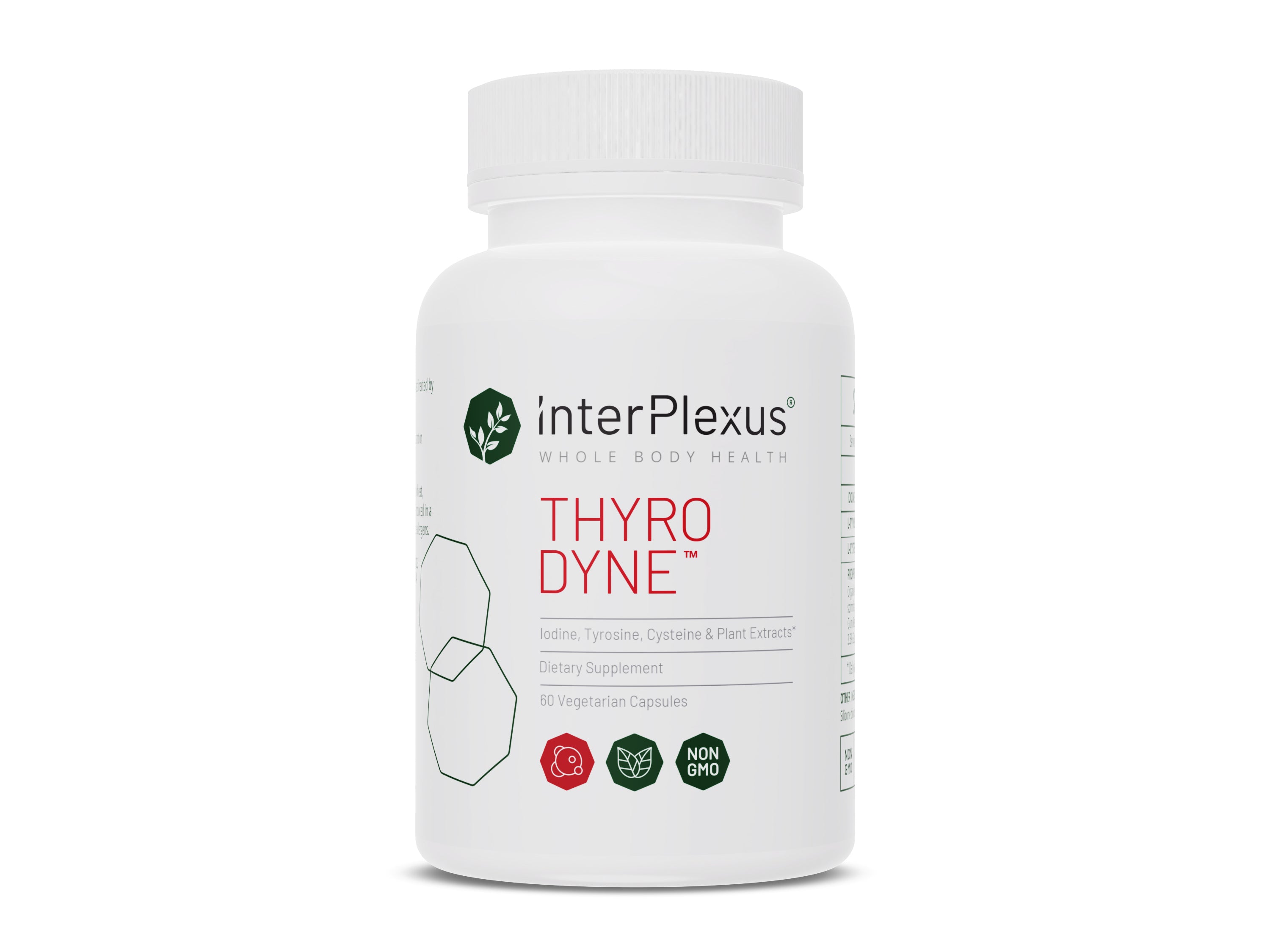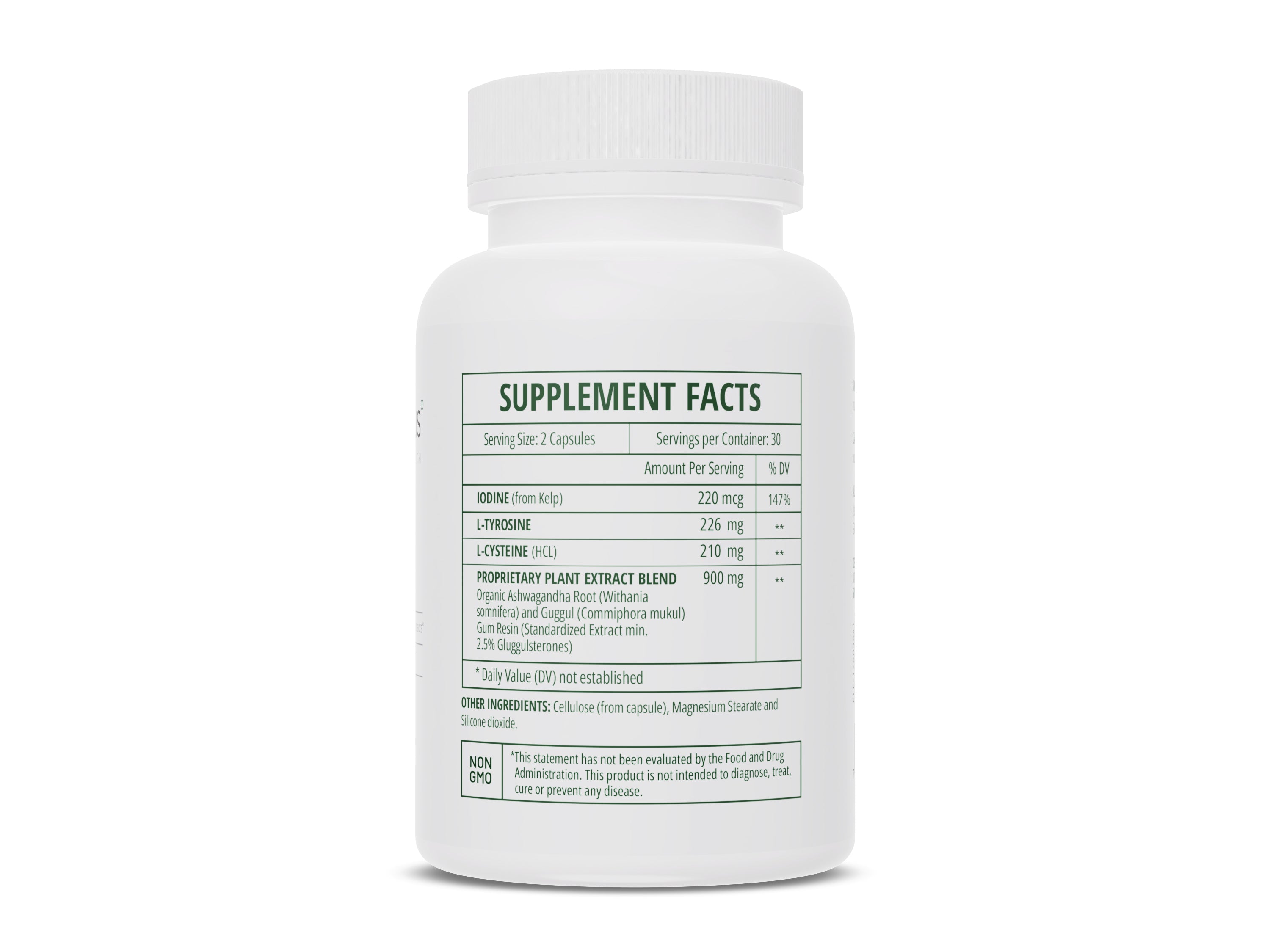What is Metabolic Support?
Metabolic support refers to the provision of nutrients and other substances that are necessary for the body's metabolism, or the chemical processes that occur within the body to maintain life. This can include things like glucose, electrolytes, and amino acids, which are used by the body to produce energy and support the growth and repair of cells. In some cases, metabolic support may also involve the use of medical treatments or therapies to help regulate or support the body's metabolic processes, such as in patients with certain medical conditions or injuries.
The Importance of Metabolic Support
Metabolic support is important because it helps ensure that the body has the necessary nutrients and other substances to carry out its metabolic processes, which are essential for maintaining life. Without sufficient metabolic support, the body may not be able to produce enough energy or repair and maintain cells properly, which can lead to a variety of health problems. For example, if the body does not have enough glucose, it can lead to low blood sugar and fatigue. Similarly, if the body does not have enough electrolytes, it can lead to dehydration and other problems. Additionally, in critically ill patient with multiple organ failure, metabolic support is extremely important to keep them alive and help them recover.
Additionally, metabolic support can also play an important role in treating certain medical conditions. For example, patients with diabetes may need metabolic support to help regulate their blood sugar levels, while patients with liver or kidney failure may need metabolic support to help remove toxins from their body.
Overall, metabolic support is essential for the proper functioning of the body and for maintaining overall health and well-being.
Metabolism
Metabolism is defined as the chemical process that supplies your body with energy. Your metabolism does this by converting what you eat and drink into energy. Your body uses this energy to fuel essential functions and to drive physical activity.
Your metabolism is constantly working - even when the body is at rest - providing energy for essential bodily functions. These functions include:
- Blood Circulation
- Digestion
- Growth and repair of cells
- Regulating body temperature (homeostasis)
- Maintaining hormone levels
The human body needs a minimum amount of calories to sustain its essential functions at rest. This minimum amount of calories is called basal metabolic rate or BMR. Several factors can affect your basal metabolic rate, and as a result, each person's BMR is slightly different.
Factors affecting metabolism or BMR:
- Sex
- Age
- Muscle mass
- Hormones
- Physical activity
Your BMR utilizes approximately 60% to 70% of your body's caloric and energy requirements. This means the remaining 30% to 40% of the calories/energy you consume are responsible for driving physical activity. As a result, people with more physically demanding lives will require more calories than those who do not.
Metabolism and Weight
Metabolism and weight are often discussed together because they are linked by the BMR. People with higher BMR requirements (e.g., athletes and construction workers) are often thinner than those with a lower BMR requirement because they need to ingest more calories to maintain their normal bodily functions.
At its most basic, weight gain or loss is a simple math problem.
Weight loss = Ingesting fewer calories than you burn
Weight Gain = Ingesting more calories than you burn
Additionally, metabolic dysfunction is often blamed for weight loss or weight gain since metabolic dysfunction can change your BMR and affect the number of calories required daily.
Individuals with metabolic disorders can suffer from a slower or faster metabolism. Therefore, metabolic dysfunction can be an underlying cause of unexpected weight loss or sudden weight gain.
The Thyroid Gland and Metabolism
Thyroid Gland
The thyroid gland is part of the endocrine system. The endocrine system is one of your body's ten major organ systems. The thyroid gland is a butterfly-shaped organ located at the base of the neck. The thyroid secretes two hormones - T3 (triiodothyronine) & T4 (thyroxine) - directly into the blood, which travel to tissues and organs throughout the body. It is these hormones that are responsible for controlling your metabolism.
Iodine is a necessary component for making the thyroid hormones T3 and T4. Without the proper amount of iodine, the thyroid cannot function optimally, which results in thyroid disease.
- Hypothyroidism is characterized by an underactive thyroid that does not produce enough thyroxine (T4) for the body’s needs.
- Hyperthyroidism is characterized by an overactive thyroid that produces too much thyroxine (T4) for the body’s needs.
People with metabolic disorders that cause a slow metabolism, including hypothyroidism, often suffer from weight gain and related issues like obesity and diabetes. As a result of the slowed metabolism, it is easy for individuals with these disorders to take in more calories than they burn, which can ultimately lead to weight gain.
Symptoms of hypothyroidism:
- Tiredness
- Feeling cold
- Weight gain
- Poor concentration
- Depression
- Hair Loss
- Constipation
Conversely, people with metabolic disorders which speed up their metabolism often experience weight loss. One of these metabolic disorders is hyperthyroidism or overactive thyroid. This disorder causes their BMR to increase, which requires them to ingest more calories.
Symptoms of hyperthyroidism:
- Weight loss
- Heat intolerance
- Anxiety
- Insomnia
- Palpitations
- Diarrhea
Support Thyroid Function for an Optimal Metabolism
Supplementation with Iodine and Herbal Extracts
Iodine is naturally present in the ocean and soil, which affects how much of the mineral is found in the foods you ingest.
Foods rich in iodine include:
- Seaweed
- Fish, shellfish (cod, oysters, shrimp)
- ‘Iodized’ salts
- Dairy
- Eggs
- Beef liver
However, ingesting iodine through food may not be enough as over-farming, food processing, and long-distance transport may reduce the concentration of iodine in foods. It might be necessary to boost your iodine intake with dietary supplements.
Additionally, research shows plant extracts such as Ashwagandha (Withania somnifera), coleus (Coleus forskohlii), and guggul (Commiphora mukul) increase thyroid production in animals. Supplementing with these extracts may support those with symptoms of hypothyroidism.
It is important to ensure that your thyroid gland is functioning properly when dealing with metabolic concerns. Our unique formulations are designed to nourish and fuel the metabolic pathways that affect body composition and energy levels by optimizing the function of the thyroid and other organs.*





